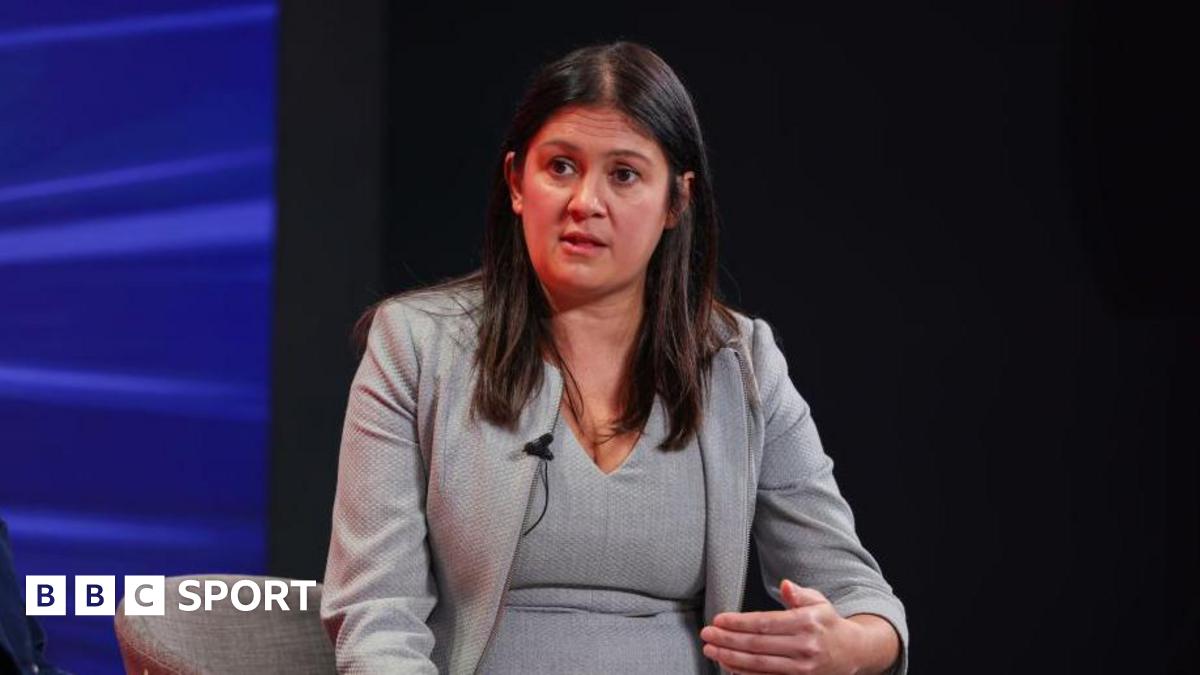 |
|
The upcoming England versus Afghanistan cricket match in the Champions Trophy has ignited a fierce debate, pitting the values of international sportsmanship against concerns over human rights violations in Afghanistan under the Taliban regime. A cross-party letter signed by nearly 200 UK politicians, spearheaded by Labour MP Tonia Antoniazzi, urges the England and Wales Cricket Board (ECB) to boycott the match, scheduled for February 26th in Lahore, Pakistan. Their argument centers on the Taliban’s effective ban on women’s participation in sports, a stark violation of fundamental human rights. The letter represents a significant political push to leverage the power of international sport to pressure the Taliban to change their policies. The signatories believe that playing the match would implicitly endorse the regime and its actions, effectively undermining international efforts to address the human rights crisis in Afghanistan.
However, Culture Secretary Lisa Nandy opposes the boycott, arguing that it would be counterproductive. She voiced her concerns on BBC Breakfast, asserting that boycotts unfairly penalize athletes who have worked tirelessly to reach the highest level of their sport. Nandy’s position reflects a more nuanced approach, prioritizing diplomatic efforts alongside the potential of using public pressure to encourage change. Her statement underscores a careful balancing act between sporting integrity and the ethical imperative to address human rights violations. She draws a parallel with the controversy surrounding the Beijing Winter Olympics, emphasizing the importance of calibrated responses, suggesting a focus on not offering the event undue publicity rather than a full-scale boycott.
The International Cricket Council (ICC) regulations stipulate that full membership requires women's cricket teams and pathways, yet Afghanistan's men's team continues to participate in ICC tournaments without apparent sanctions. This apparent inconsistency highlights the complexities of balancing sporting governance with the sensitive realities of political contexts. The lack of tangible consequences for Afghanistan’s blatant disregard for the ICC's regulations concerning women's participation raises questions about the effectiveness of international sporting organizations to enforce their own rules when dealing with states with poor human rights records. The differing viewpoints of the UK government and the cross-party group of MPs reflect a broader ongoing international debate around the role of sports in global politics, specifically how to balance sporting events with ethical considerations relating to human rights violations.
The ECB, represented by CEO Richard Gould, has condemned the Taliban's actions against women's rights, calling for a unified response. Other cricketing bodies, such as Cricket South Africa, have echoed this sentiment, advocating for a collective approach. The Professional Cricketers’ Association (PCA), meanwhile, acknowledged the complexity of the situation, declining to comment directly on the possibility of individual players boycotting the game. This measured response from the PCA reflects the internal pressures faced by players who might be forced to choose between their sporting careers and their personal moral stands. The uncertainty highlights the pressure that rests on individual players, who might face intense criticism regardless of their decision. This emphasizes the personal cost of such political controversies on athletes.
Prime Minister Rishi Sunak, when questioned on the matter in Parliament, condemned the suppression of freedom in Afghanistan and stated that the government was engaged in discussions with its international partners. This official position reinforces the government's awareness of the situation and its commitment to address it, albeit through diplomatic channels. Sir Keir Starmer was also questioned regarding the potential boycott, demonstrating that the issue transcends party lines and is recognized as a matter of national interest. The consistent condemnation coming from both sides of the political spectrum shows that the violation of women's rights in Afghanistan is a widely condemned issue, although the preferred method of tackling the issue differs considerably.
The debate around the England v Afghanistan match is not just about cricket; it is a microcosm of a much larger conversation about the intersection of sports, politics, and human rights. It forces a critical examination of the limitations of using sporting boycotts as instruments of political pressure, and the potential for unintended consequences. The diverse perspectives—from the politicians advocating a boycott, to the government prioritizing diplomatic solutions, to the sporting bodies navigating ethical complexities—reveal the intricate layers of this ongoing controversy. Ultimately, the decision on whether to proceed with the match will have far-reaching implications, affecting not only the athletes involved, but also the broader international discourse on human rights and the role of sports in the world stage. The decision is a delicate balance, demanding a careful consideration of both the sporting landscape and the ethical implications of inaction.
Source: England v Afghanistan: Culture secretary urges caution against boycott calls
